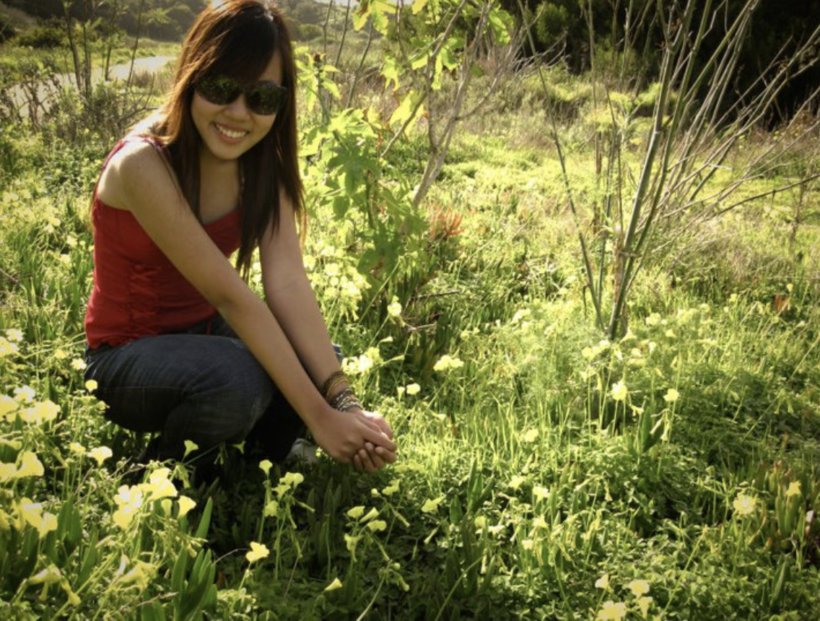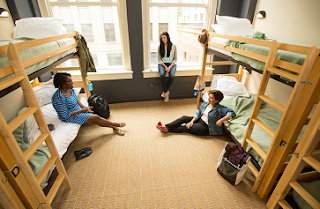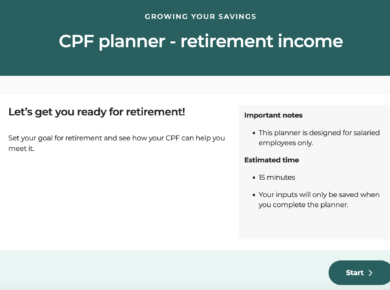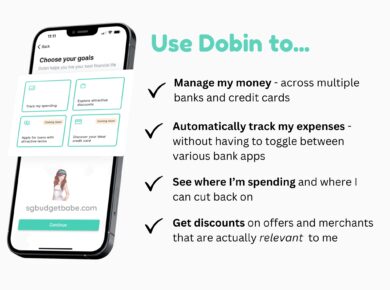If your university allows it, you should definitely jump at the chance to go for an overseas exchange programme like I did! There’s nothing quite like living as an exchange student abroad, and simply travelling overseas often will not quite give you the same benefits. My own experience was nothing short of amazing as I:
• learnt more about myself
• became more independent
• made some really cool international friends, whom I’m still in touch with today
• broadened my world view
• gained a lifetime of memories
• picked up skills that have and will continue to serve me well for the rest of my life
But what if I can’t afford it? Well, before you let the lack of money stop you from going, know that there are ways you can overcome this. My parents stopped giving me pocket money once I finished my GCE ‘A’ levels (I had to take on an internship just so I could have money to hang out with my friends) and refused to fund my overseas exchange programme. The bottomline was, if I wanted to go, I had to find my own money for it.
And I did.
How did I achieve that? I’ve consolidated some of the biggest tips I would share with any student planning to go on exchange. Let me know if you’ve any to add on!
1. Figure Out How Much You Need
It is essential to do your research before you fly. Ask your seniors who have gone for exchange in the country you’re interested in – they’ll be really friendly and willing to share! Set a rough figure and add S$2,000 to it for unexpected situations. If you’re not sponsored (whether by a school or your parents), you can start saving in advance until you have enough.
At 19, my parents said I couldn’t go on an exchange because they had no money for me, so I took things into my own hands to earn and save enough – I eventually made it to my exchange a year and a half later.
How did I accumulate S$16,000 on my own to fund my exchange programme? Well, I taught academic tuition and freelanced as a writer. At one point, I was teaching 9 students in Woodlands, Punggol, Sengkang, Bukit Panjang, Clementi, Queenstown, Bishan, Sembawang and Newton. Since I stayed in hall (NTU), you can just imagine how much travelling I had to do to pull this off! (I couldn’t really pick locations closer / in the same area cos beggars can’t be choosers and I needed as many students as I could take up.)
Each session paid me $15 (primary) – $25 (O levels) on average, so I worked really hard and long hours just to earn enough.
Bonus: Listen to this podcast where I was interviewed on how I worked ans funded my own exchange programme in the U.S.
2. Track Your Expenses
I cannot emphasize enough the importance of tracking your own expenses – whether you’re in Singapore or abroad – and you’ll find this even more essential when you’re all by yourself living in a foreign country. The last thing you want is to spend too much in your first few months, only to be left high and dry towards the end. While I created my own Excel spreadsheet in the past, today you have a wide variety of free expense-tracking apps to choose from.
3. Open an Overseas Bank Account
I highly recommend getting a local bank account in your exchange country as it will save you money when you withdraw from the ATMs there. (International banks charge a withdrawal fee.) Don’t forget to set up an international bank transfer with your bank before you go!
4. Buy Travel Insurance
This sounds minor, but trust me on this because the last thing you want is to have to pay extra just because your airline lost your luggage. For just a small fee, you can get a travel insurance policy to cover this risk and reimburse your losses if it happens. Otherwise, you’ll find yourself panicking when you have to pay for something you did not originally budget for.
5. Buy a Local SIM Card and Data Plan
In this era of Skype, Whatsapp calls, Facebook Messenger and FaceTime, there is no longer a need for you to pay hefty sums for making an overseas call. Simply pick a local data-enabled SIM card so that you can continue to keep in touch with your loved ones for a low fee each month.
6. Learn to Cook Your Own Meals
If you’re looking to save money (or conserve your limited funds for your travels), you’ll find that eating at home will save you a lot of money. School canteens in university will not be as cheap as you expect them to be. Furthermore, you’ll be enjoying discounts for buying your groceries in bulk AND learning how to cook.
7. Ask the Locals for Money Saving Tips
Different countries have different ways to save money. Whether it is buying a student rail pass or signing up for certain memberships to get discounts, the best way to find out would be to ask a local. For instance, while coupons aren’t a big thing in Singapore and are often thrashed once they arrive on our doorstep, the locals in the U.S. keep them and use them for almost anything and everything. While public transport is cheap in Singapore, trains aren’t as affordable in other countries. During my own exchange, I mostly cycled to school or shared a car with my housemates. Subscribe to the local personal finance sites for more tips, and download Uber so you’ll always be informed when there’s a travel promotion going on!
8. Apply for an ISIC Card to Enjoy Student Discounts
Before you leave Singapore, get an International Student Identity Card (ISIC) which will enable you to get student discounts at a lot of tourist attractions, restaurants and stores while travelling. This was the best $25 I had spent because I managed to save hundreds of dollars upon flashing the card!
9. Stay in Hostels
One of the most memorable parts of going on exchange are the roadtrips or short travels to nearby countries. After you’ve gotten your flight or rail tickets for cheap, the next big item you’ll want to cut down on is your accommodation. I highly recommend staying in hostels for this – not only are they much cheaper, but you’ll also get to meet a lot of new friends!
10. Be Realistic About What You Can Afford
Whenever you’re in a foreign country, it is easy to go a little overboard with your spending, but as an exchange student you need to be very careful about where and what you’re spending on.
Prioritize your spending. If you prefer travelling, then you may need to cut down on eating outside so that you have more money to spend on your trips. You don’t have to feel compelled to follow your friends to certain places or trips if you think you can’t afford it either. I broke away from my housemates when they went to Florida, and decided to do a short solo trip by myself to Texas instead where staying with my best friend for 2 weeks saved me hundreds of dollars.
Remember that you don’t have to cover the entire country or continent while you’re there as well – you can always come back next time.
My exchange programme were the best 6 months in my life. Although I had to work really hard to save up prior to the trip, it was all worth it in the end, and I’ll do the same if I had the chance to repeat it all over.
Do watch out for the biggest expenses while you’re abroad – food, accommodation, transport and flights – and find ways to reduce them or cut down in other areas.
If you’ve done your best but still find yourself still short of funds, how about choosing a cheaper country (such as Bangkok over Europe) instead? That’s what my schoolmate did, and she had an amazing time as well.
So I hope you find these tips helpful, and have a great exchange! I had a blast on mine, and it’ll forever be a cherished memory.
Don’t miss out on the opportunity to have the wildest time of your life!
With love,
Budget Babe
















